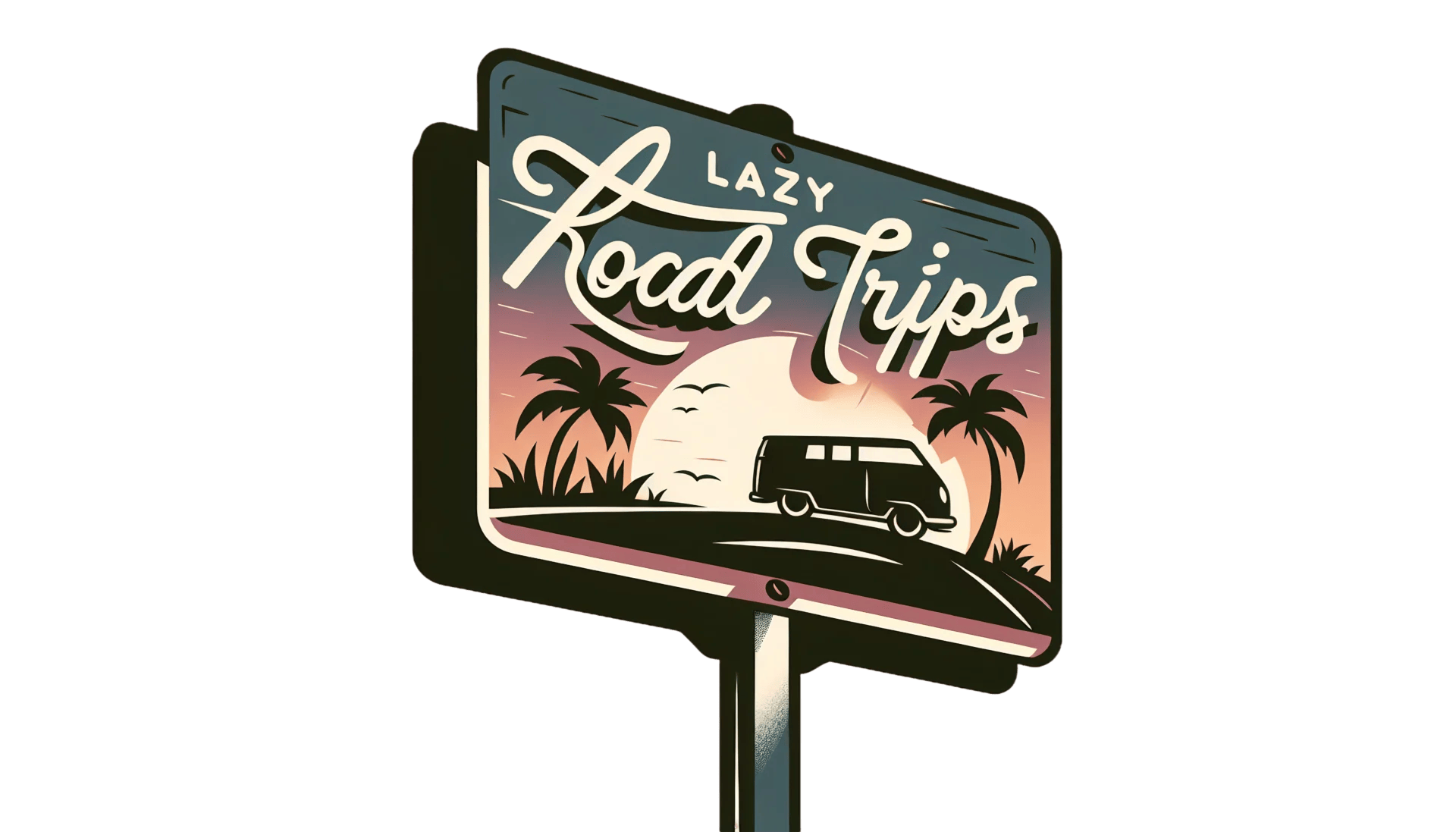Portland’s decision to start charging homeless folks fees to reclaim their towed RVs has stirred up a lot of debate. Residents, policymakers, and advocacy groups all seem to have something to say about the ethics and practicality of this policy.
This post takes a closer look at what’s going on, what it might mean for people living in RVs, and how it could ripple out to affect homelessness in cities generally.
Understanding Portland’s New Policy
Recently, Portland rolled out a policy that charges homeless people fees if they want to get their towed RVs back. Oregon Live reports these fees are part of the city’s effort to deal with the growing number of RVs sitting on public streets.
City officials say they need this policy to keep things safe and clean. But critics aren’t buying it—they argue the move unfairly singles out people who are already struggling.
The Rationale Behind the Policy
City leaders claim they’re mainly trying to tackle the rising problem of abandoned and broken-down RVs. These vehicles can become eyesores, and sometimes even health hazards.
By charging fees, the city hopes fewer people will ditch their RVs and more will seek stable housing. Whether that’s realistic is up for debate.
Criticism and Controversy
Plenty of folks say this policy just makes life harder for homeless people. Imposing fees on those living in RVs—often because they have nowhere else to go—feels harsh and maybe even a bit cruel to some.
Advocacy groups worry it’ll push more people onto the streets, especially those who simply can’t cough up the money to reclaim their only shelter.
The Impact on the Homeless Community
For many in Portland’s homeless community, an RV isn’t just transportation—it’s home. Losing it means losing shelter, which can be devastating.
The fees to get a towed RV back can run from a few hundred to several thousand dollars. That’s a steep hill to climb for someone without steady income.
Financial Burden
The biggest hit comes from the money side. Towing, storage, and admin fees pile up fast, making it nearly impossible for someone living on the edge to pay up.
This kind of financial pressure can keep people stuck in homelessness, or even push them further down.
Loss of Personal Belongings
There’s also the heartbreak of losing everything inside the RV. When the city tows a vehicle, people often lose all their stuff—important papers, clothes, photos, you name it.
For someone already going through a rough patch, that loss can make it even harder to get back on track or find work.
Broader Implications for RV Living
It’s not just about homelessness, either. This policy could affect anyone living in an RV, even those who do it by choice.
With more people turning to RVs as a way to cope with high housing costs or just for the freedom, cities are having to figure out how to handle it. Portland’s approach might end up influencing what other places decide to do.
Urban RV Living Trends
RV living in cities has definitely picked up steam lately. Some want the mobility, others can’t afford rent. Either way, it’s creating new challenges for city planners and neighbors alike.
Balancing the needs of RV dwellers with the concerns of other residents isn’t easy. There’s a lot of tension, and no simple fix.
Potential for Policy Replication
Other cities are watching Portland to see how this plays out. If the policy actually cuts down on abandoned RVs, you can bet some will try something similar.
But honestly, it’s important not to lose sight of the human side. Any new policy should come with real compassion and support for the people it affects most.
Conclusion
Portland’s move to charge homeless people fees for reclaiming their towed RVs has sparked a lot of debate. The city says it’s trying to improve public safety and keep things cleaner on the streets.
But honestly, the policy hits the homeless community pretty hard. It’s tough to ignore that side of it.
If you’re curious and want more details, check out the full article on Oregon Live.

